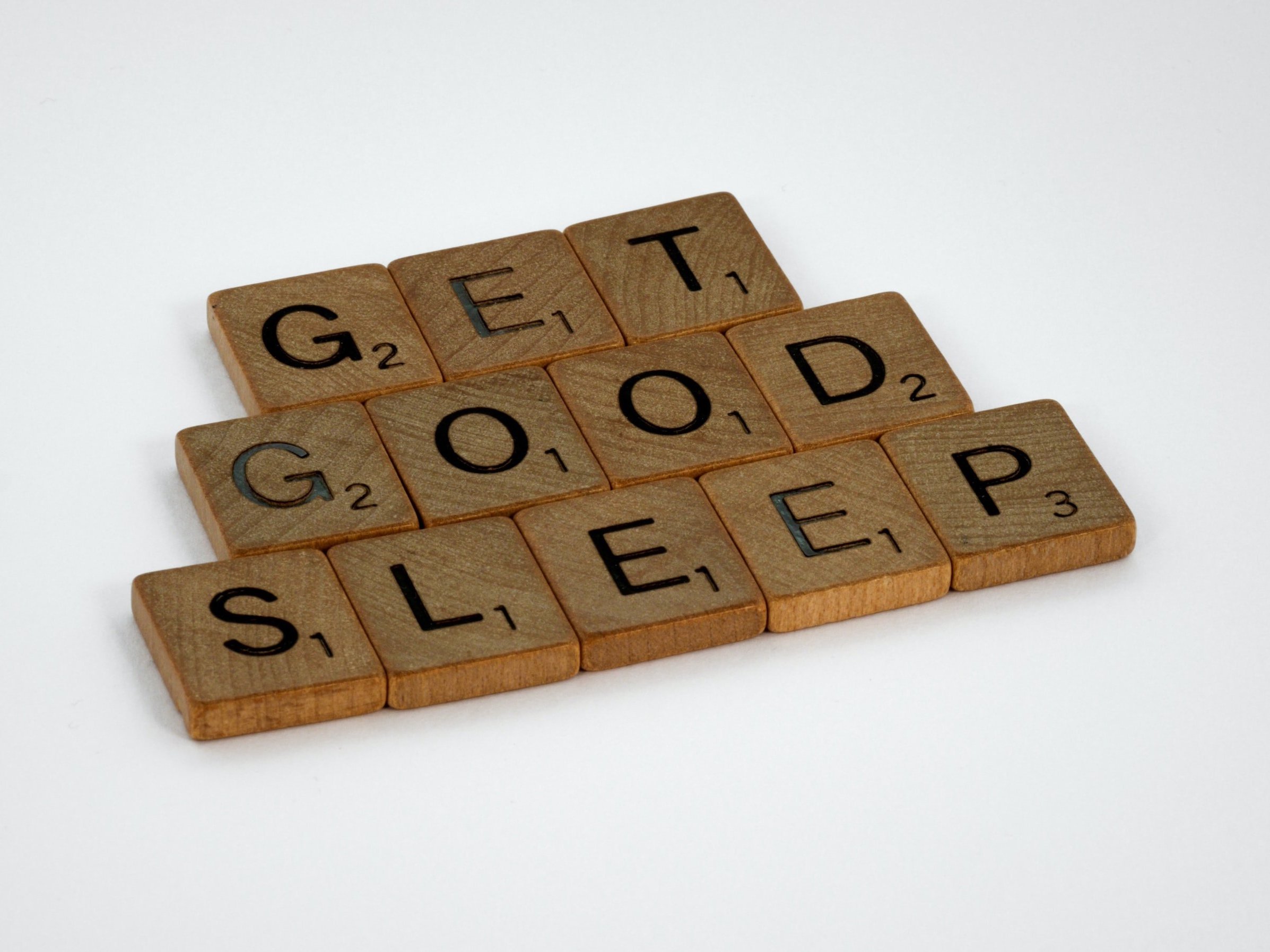
Finding the Good When Things Seem Bad
Most of us, it is safe to assume, have felt some level of impact from the current political and social climate. The seemingly endless news cycles, radio reports, newspaper headlines, social media campaigns, and regular day-to-day interactions with colleagues, friends, and family bring about daily reminders that are hard to avoid. Whether we like it or not, this cycle of negativity can creep into our daily existence, and bring about unwanted stress, anger, worry, defensiveness, and offensiveness.
While many are feeling powerless in the larger context of world events, there are ways you can help yourself to create a bit of peace and quiet in your mind, and allow yourself some space from the noise.

Steel Your Mind: A Cognitive and Behavioral Guide to Healthier Thinking
While going through the hustle and bustle of daily routines we rarely stop and think about our thinking and about the impact that thoughts have on our feelings, emotions, and behaviors. Experts estimate that on average a person experiences roughly 2,500 to 3,300 thoughts per hour for a grand total of about 50,000 thoughts per day. That’s a whole lot of thinking and a good deal of it relates to personal worry, fear, anxiety, and dread.

3 Tips for Asserting Yourself in Any Situation
Most of us would prefer not to be described as “mean” or “rude” by others. Sometimes, so much so, that it affects our ability to assert ourselves in an array of situations, whether it be in the workplace or social situations. It’s important to consider that an assertive interpersonal style of communication actually involves clearly expressing your opinions, feelings and preferences without violating the rights of others; sort of the opposite of being “mean” or “rude”. In fact, communicating assertively more often than not inspires positive outcomes rather than inciting conflict and misunderstandings. Here are three tips for being assertive in any situation.

Are You Codependent?
Do you find you accept responsibility for a loved one’s emotions or actions? Are you constantly trying to please others? Do you neglect your own needs and have difficulty setting realistic personal boundaries? Do you often feel resentful, yet have difficulty stepping away from a dysfunctional relationship?

Trouble Sleeping? Tips on How to Fall Asleep and Stay Asleep
Sleep is often one of the most overlooked aspects of our lives. Sure, we all know that not getting enough of those precious Zzzz can make us grumpy but a lack of sleep can significantly affect us in more ways than we may realize. Studies show that a lack of sleep affects daily functioning, mood, physical health, concentration and memory, and much more. One in three of us suffers from poor sleep practices as a result of stress, computers and other technology, and negative work environments. Specifically, poor sleep has been linked to people who come home from work feeling blamed. Now, how much sleep do we need?

Empowering Kids in an Anxious World
Rates of anxiety and depression among teens in the U.S. have been rising for years. In the latest results from the Centers for Disease Control and Prevention’s Youth Behavior Survey, 32 percent of teens reported persistent feelings of sadness or hopelessness. Two new books offer advice to parents and caregivers.

It’s Never Too Late to Start A Brilliant Career
If you find yourself already established in your career but feel as if you would be better suited in a different profession, do not despair. Rich Karlgaard discusses how our talents, abilities, and interests continue to grow and develop as we mature. Karlgaard discusses how the pressure to achieve and decide one’s career trajectory at a very young age is an all too common phenomenon. Click here to find out more.

Why You Procrastinate (It Has Nothing to Do with Self-Control)
Procrastination has gotten all of us in trouble at some point or another, right? We eventually complete the task and inevitably feel the shame of our procrastination. However, that shame might not be because of our perceived laziness…it’s likely due to something else. Charlotte Lieberman explains what is going on.

A Rise In Depression Among Teens And Young Adults Could Be Linked To Social Media Use
The number of individuals experiencing symptoms of depression has increased over 50 percent in teens and young adults over the last decade. The amount of social media use has also significantly increased. Could the constant use of social media and devices in general be linked to worse mental health?

How Even A Little Exercise Can Help Your Mental Health
Ever heard “look good, feel good” at the gym? Likely, yes. You’ve probably also seen this more than enough on Instagram. While that phrase might not go away, it’s time to demonstrate what that the phrase really should be, “heart-rate high? Sad times goodbye.” Okay well maybe not that exact phrase.
Exercise has always been a key component of analyzing physical health but now, more than ever, we have an abundance of research showing that physical activity will not only improve our overall physical health, but also our mental health.